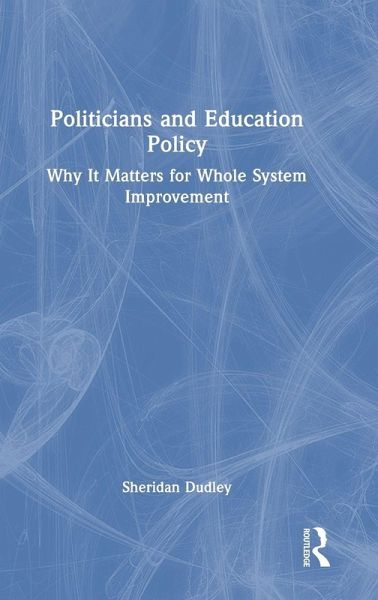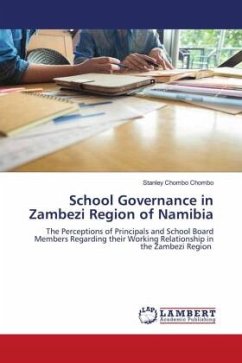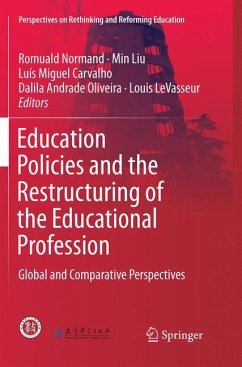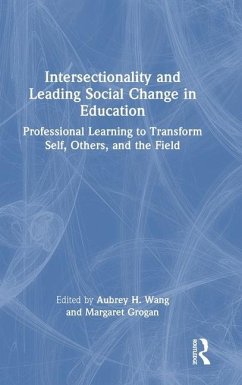
Politicians and Education Policy
Why It Matters for Whole System Improvement
Versandkostenfrei!
Versandfertig in 1-2 Wochen
180,99 €
inkl. MwSt.
Weitere Ausgaben:

PAYBACK Punkte
90 °P sammeln!
Based on an in-depth case study, this book reveals how politicians, as policy makers, conceptualise, develop and initiate large-scale education system reform and why it matters for whole system school improvement.














